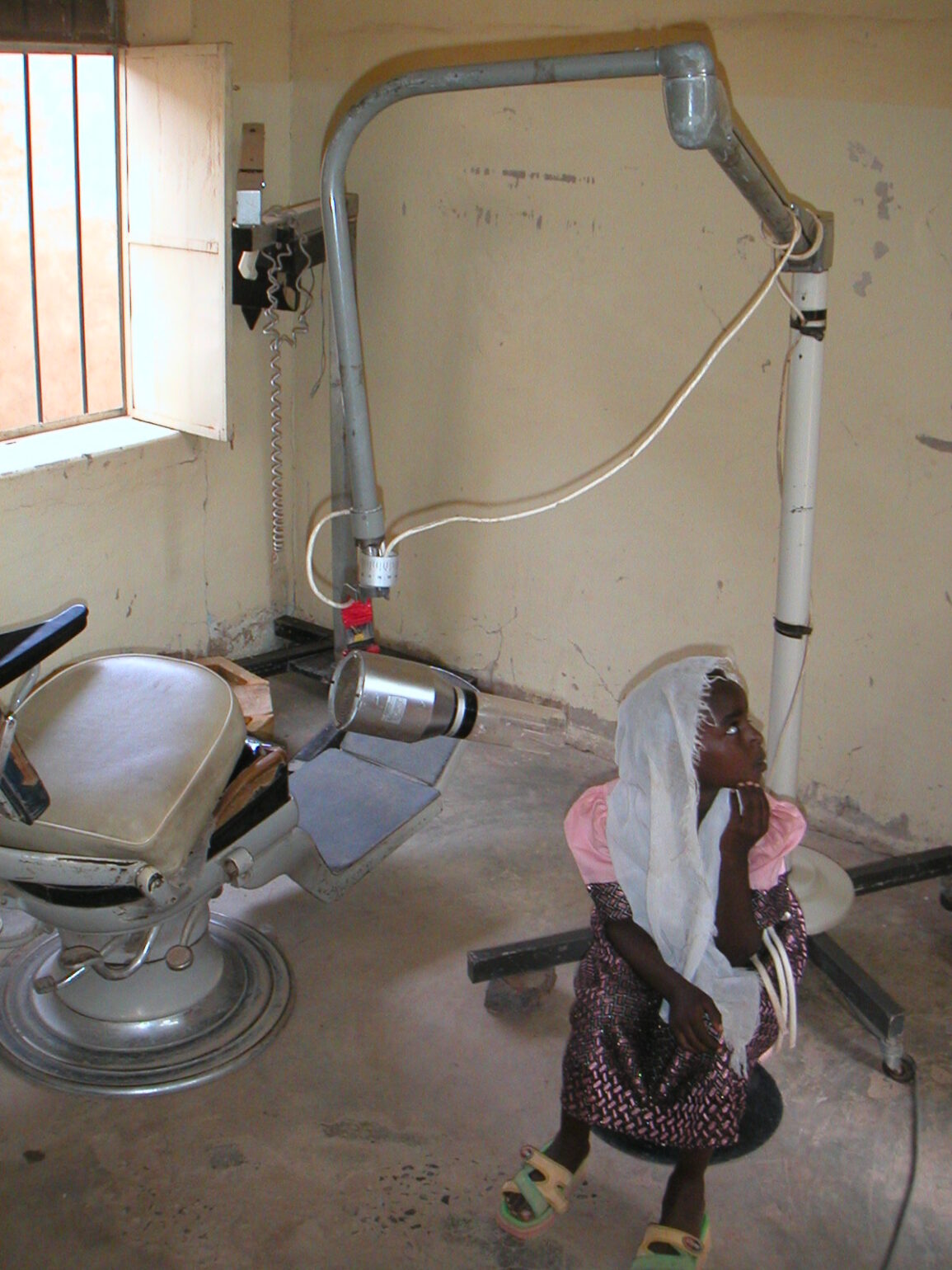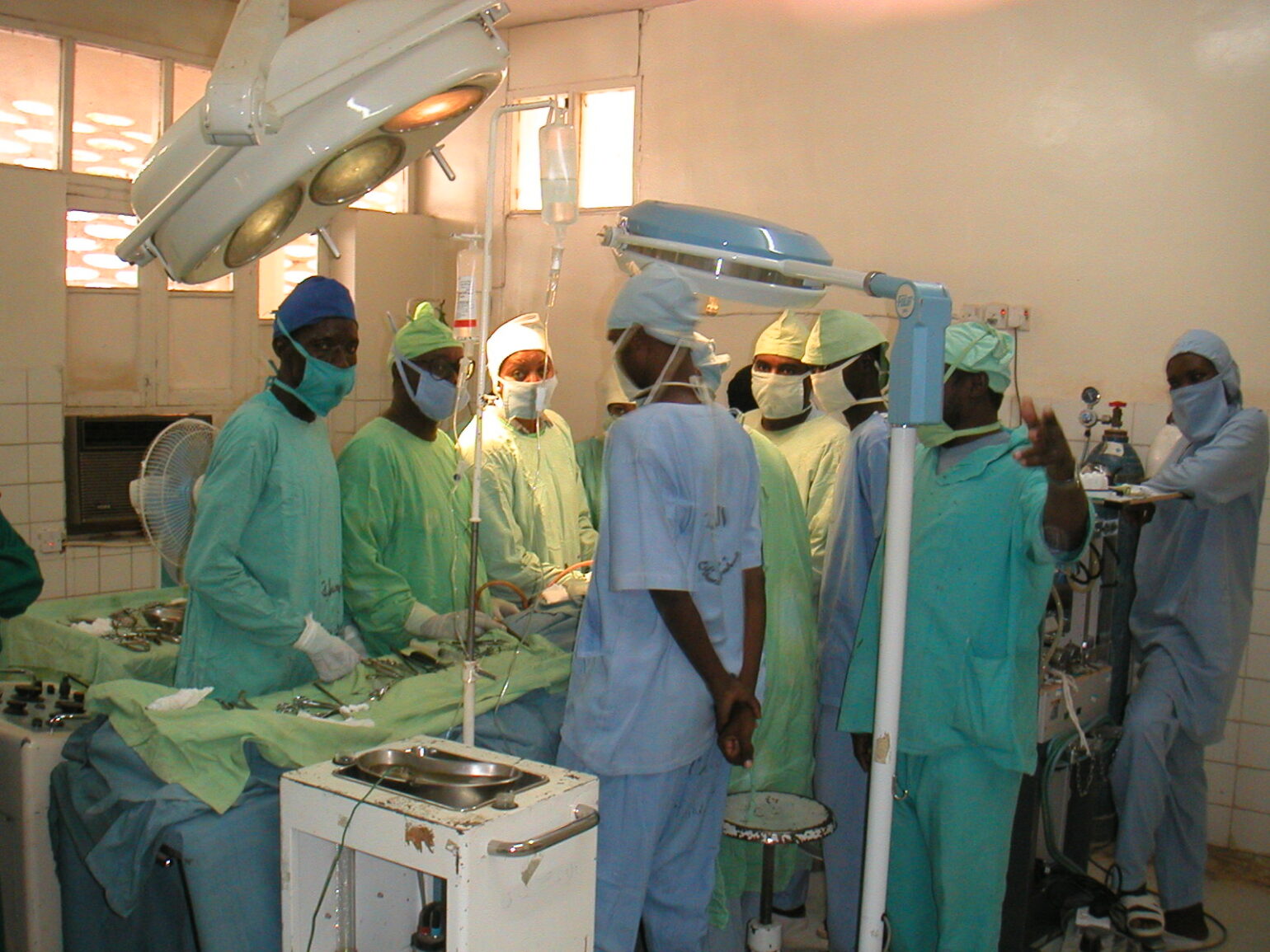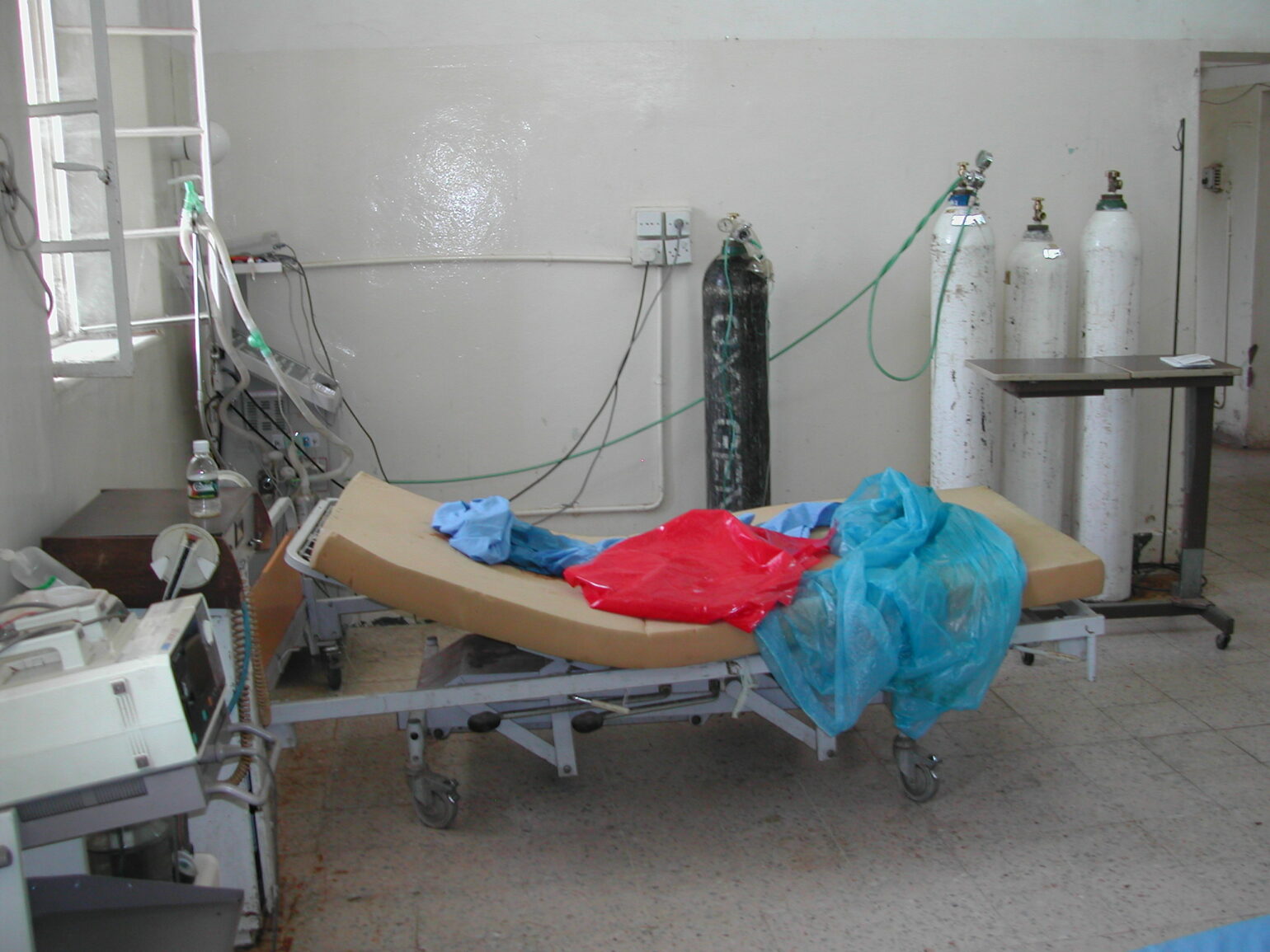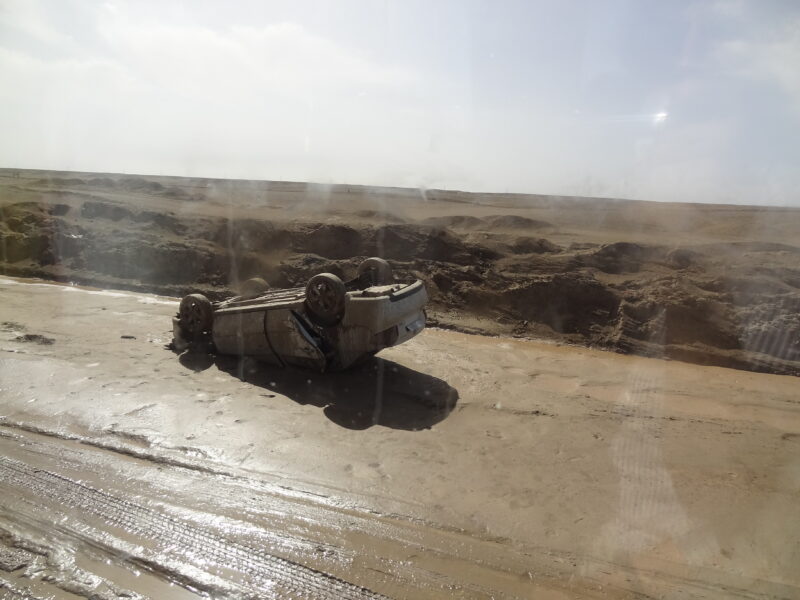travel planning
With careful preparation, air and long-distance travel – even to the most remote regions of the world – are possible without any problems. Even with chronic illnesses, the fear of long-distance travel is usually unfounded if the appropriate precautions are taken.
With information and advice, we would like to help you enjoy your holiday carefree and return home healthy and relaxed. We have made it our task to inform you competently and individually about all pending health care issues for long-distance travel and tropical stays. We take the time to answer your questions and problems about travel medicine.
The advice and information we have put together should also be help for self-help and enable rapid support in the event of problems on site.
As little as possible but as much as necessary
There is no patent recipe for the right travel medical precautions. Your age, your state of health, your constitution, the destination, the time of the year and the type of holiday trip are of essential importance. Superfluous actions only burden the body and your wallet. This is why individual advice is so important.
Vaccination alone is not enough
Medical travel preparation is often equated with vaccination. As much as standard vaccinations and travel vaccinations have an important place in the prevention of diseases, many simple and often underestimated measures are also important. At traveldoc you will also learn something about the fascinating sides of the host country’s cuisine, will be informed about effective sun and insect protection, will receive tips about possible additional dangers in your holiday region and will be advised on putting together a personal first-aid kit.
Inquire about any necessary vaccinations at least 6 weeks before departure. Then all the necessary vaccination doses can be coordinated without any problems.
The more extensive, adventurous, exotic a trip is, the sooner you should contact your travel medicine specialist. We would also be happy to advise you BEFORE you make a definitive booking, as in some cases a change in the itinerary, the order of the countries visited or even the selected season can reduce the risk of illness.
This is particularly important if you are traveling under special circumstances: pregnancy, traveling with small children, chronic underlying diseases, in particular immunosuppression.
If you travel constantly and your closet consists mostly of safari shirts, you will have no problem packing. Everyone else shouldn’t forget that it might be difficult to go looking for the missing linen shorts in December in Austria. The right footwear – comfortable sandals and flip-flops or light trekking shoes – are also not available all year round.
General
- Medication that you take regularly at home must be taken in sufficient quantity (in your hand luggage!) – ensure protection against moisture and excessive heat
- Pack a list with the names of the drugs (substance!) and the dosage with the documents
- think about the pill
- Glasses wearers –> second pair of glasses!
- If injections are necessary (insulin, interferon, allergy pen,…) – bring a medical certificate that you can get in our center (international emergency card)
The following overview of medicines for the first-aid kit should only serve as a checklist. It makes no sense to just pack all the drugs listed. In addition, many of the preparations listed require a prescription. Be sure to discuss the composition of your first-aid kit with your trusted doctor. For most trips, only a fraction of the medication will be needed. If you become ill while on vacation, contact a Western-standard medical institution if at all possible.
Important
Insect repellent/mosquito repellent
sun protection
high protection factor, factor 30 and more in the tropics
Pain relievers/antipyretics
Headache/toothache, e.g. paracetamol (aspirin rather no! is unfavorable for some viral infections)
Muscle/joint pain, e.g. diclofenac
– In case of nausea
e.g. domperidone
– For abdominal cramps
e.g. hyoscine butyl bromide
– In case of diarrhea
mild form (without fever): e.g. loperamide (constipating preparation)
if necessary, the duration of the symptoms can be shortened with an antibiotic: e.g. colidimine
– in case of fever and/or bloody stools: contact a doctor if possible! bridging broad-spectrum antibiotic (ciprofloxacin or azithromycin)
– For constipation
e.g. lactulose or magnesium
– For insect bites or sunburn
Ointment containing cortisone
– Decongestant nose drops
– Eye drops (without added antibiotics!)
– Ear drops (especially on snorkel/dive vacations)
– clinical thermometer
– hand sanitizer
– Protection against sexually transmitted diseases (condoms)
With appropriate individual sensitivity
– sleeping pills
short-acting substances, e.g. triazolam, for night flights
– ear plug
– allergies
Antihistamine tablets, for severe allergic problems in the past: Epipen
– Against motion sickness
e.g. dimenhydrinate, ginger
– Women: antifungal (vaginal infections)
e.g. fluconazole (when traveling to tropical hot regions rather than as a suppository but to be taken by mouth)
special situations
– Don’t forget your antimalarial medication!
– Prevention of altitude sickness: acetazolamide
– For long-term trips, especially to remote areas where good medical facilities are not easily accessible:
broadspectrum antibiotics for emergencies (for bloody diarrhea, pneumonia, infected wounds)
– For long-term trips (especially in Asia): drug against intestinal parasites (metronidazole)
– Short trips, business trips with time differences and important appointments: melatonin
injuries
sticking plaster
gauze bandages
disinfectant
tweezers, scissors
Important
Be sure to buy medicines for the prevention of malaria at home.
Do not rely on products offered in the holiday country! In many countries, completely ineffective preparations are in use for non-immune Europeans. Fakes are also circulating.
A checklist for the trekking and touring pharmacy can be found here.
Treatments in hospitals can be a big problem because of the medical standards. Always consider whether a transfer to a specialist hospital is possible and sensible. The Austrian representations abroad can usually name German or English-speaking doctors and well-equipped hospitals. It is best to inquire before you leave.
In an emergency, insist that syringes, needles and bandages are opened in front of you. This is the only way you can be sure that the material is packaged sterile.



accidents
The vast majority (85%) of all fatal road traffic accidents worldwide occur in developing and emerging countries, 44% in Asia and the Pacific alone. It is not surprising that travelers in these regions are also at risk. Along with bathing accidents, falls and injuries, traffic accidents are the most common cause of death when travelling. Various factors contribute to this: means of transport often do not meet the standard we are used to and are poorly maintained or not maintained at all. Also, since transportation is scarce, most buses, taxis, and trucks are hopelessly overloaded. The skills of the drivers are often not adapted to the speed and traffic. Most roads are in poor condition and usually unlit. Nevertheless, these roads are the only viable routes for long stretches and are therefore used by everyone – human, animal, car. Last but not least, we also behave more unreasonably on vacation than at home: alcohol, excessive speed and the lack of helmets and seat belts play a role in many traffic accidents involving tourists.
What can i do on my own?
Check the bus you plan to travel on. Are there several bus companies with different quality of vehicles?

For self-drivers: avoid driving at night! Potholes, unlit obstacles or even children or animals on the road can quickly lead to disaster. Check the quality of your rental car carefully before signing the contract. Drive SLOWLY under the circumstances and always expect incomprehensible reactions from other road users (a truck driver in Vietnam relies on you to swerve into the ditch – no matter how deep – when his horn sounds).
In addition to accidents, cardiovascular diseases (heart attacks, strokes) are the most common cause of death when travelling.